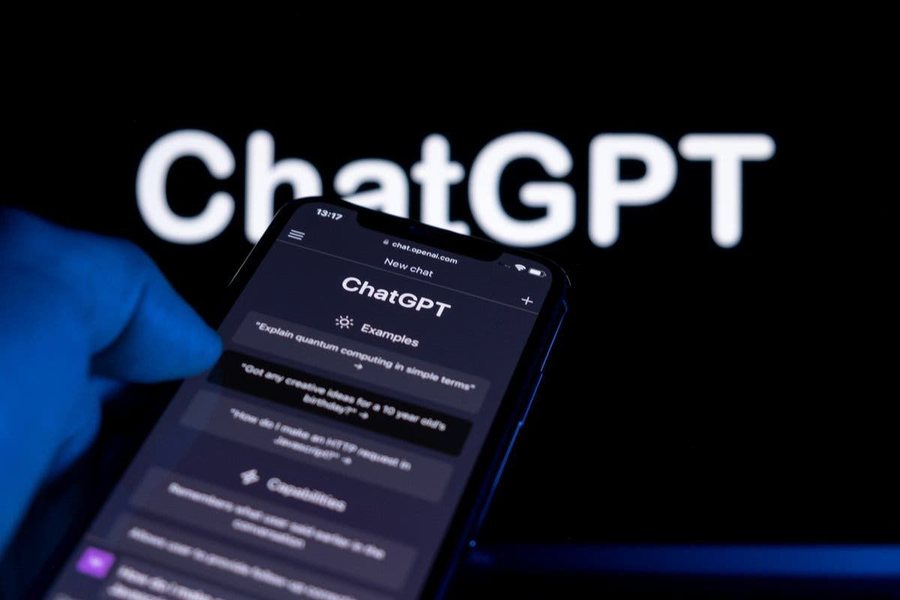
A woman in California managed to overturn an eviction order and avoid fines running into tens of thousands of dollars, using artificial intelligence tools, like ChatGPT, in a legal battle that lasted several months.
According to NBC News , Lynn White was struggling to pay her rent and after being sued, the court ordered her eviction. Instead of continuing to work with a local tenant advocacy organization, she decided to turn to ChatGPT and the artificial intelligence search platform Perplexity to help represent her in court.
The chatbot identified potential procedural errors related to court decisions, showed her the steps she needed to follow next, and prepared detailed responses for the court.
“I can’t describe how much artificial intelligence helped me in this case,” Lynn told NBC. “Without AI, I would never have won this trial.”
View this post on Instagram
Lynn is one of many people who have represented themselves in court with the help of artificial intelligence and have managed to emerge victorious.
Another case is that of Staci Dennett, owner of a fitness business in New Mexico, who used AI to successfully negotiate a settlement regarding an unpaid debt.
“I asked ChatGPT to act like I was a Harvard law professor and shoot down my arguments until I got an A,” she told NBC.
The result was impressive. One of the opposing lawyers even wrote to him in an email: “If you have any interest in the legal profession, you can definitely pursue it.”
However, AI tools are not always successful in overturning decisions or winning court cases. They are known for creating false evidence, which can get those who represent themselves into trouble, as in the case of energy drink entrepreneur Jack Owoc, who was fined in August 2025 for an application filled with fabricated references.
Even more worrying is the fact that more and more professional lawyers are being caught submitting documents with false references, facing fines and loss of credibility.
This is despite clear warnings from companies like Google, which advise users not to rely on AI for legal advice.







